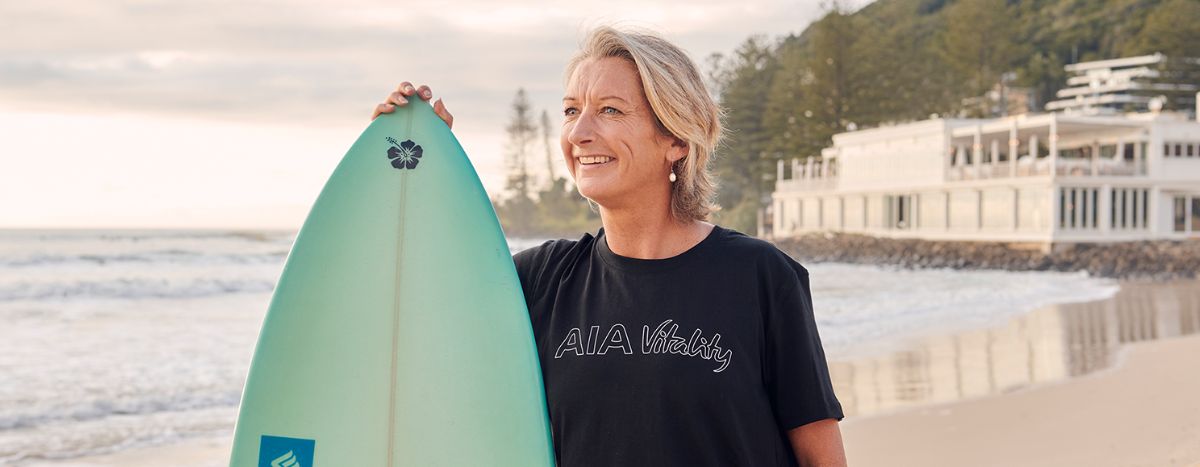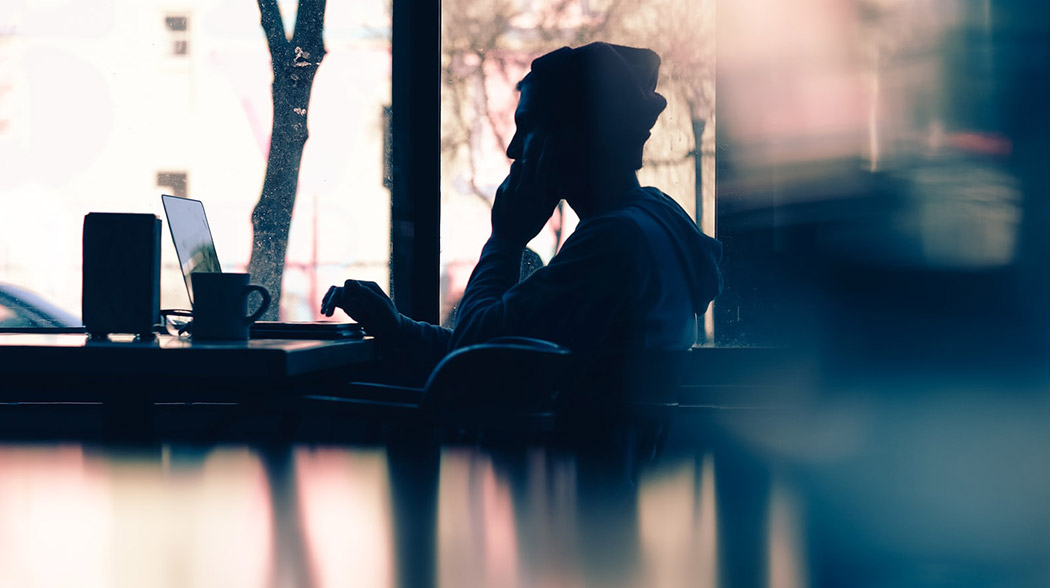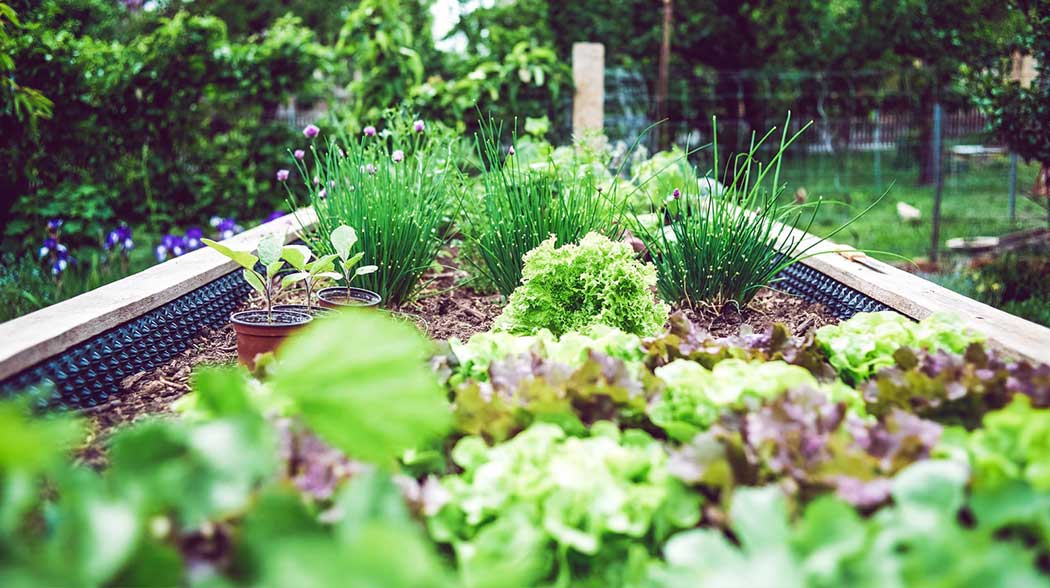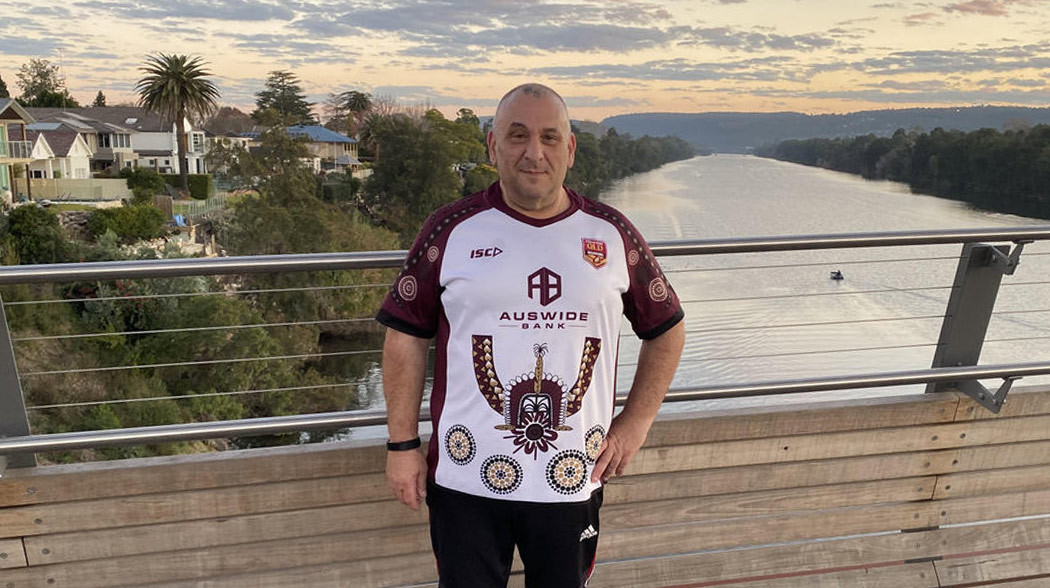Our oceans have seen increasing change over the last several decades, and according to Tim, the ocean is by far our largest carbon sink.
“We currently have the highest levels of greenhouse gases we’ve had in the atmosphere for hundreds of thousands of years,” Tim explains. “And the oceans – our biggest carbon sink – have absorbed more than 90 per cent of it. A few things are happening due to this: the ocean is becoming warmer, and it’s becoming more acidic – 30 per cent more acidic now than at the beginning of the industrial revolution.”
“And that’s having a dramatic impact on our environment,” Layne continues. “Over my career, I’ve seen less marine life. From where I am on the northern beaches, I’ve had less Bluebottle jellyfish sightings and interactions. There’s definitely something happening in the water, and it’s affecting more than just our wildlife.”
Climate change impacts everyone’s livelihoods
Some of the most damaging by-products of climate change are also rising sea levels and extreme weather events, including storms and bigger waves that contribute to land degradation.
Surfers are one demographic that experience these changes firsthand. While climate change holds one small advantage to their sport, the disadvantages to local communities and coastal towns are much greater.
“The build-up in storm activity causes bigger waves to form, so that’s a plus from a surfer’s point of view,” Layne says. “But that’s a very selfish way to look at climate change. Over the last 40 years I’ve been visiting Hawaii, I’ve seen beaches eroded and houses falling into the water – especially on the north shore of Oahu – I’ve never seen anything like it.”
We don’t have to look far from our shores to see these changes for ourselves2. As Tim explains, extreme weather events are increasing globally and there is evidence that waves are becoming larger – and dangerously so – due to climate change-induced warming3. In the Asia-Pacific region, South Australia, Western Australia, parts of New Zealand and the Indonesian islands are particularly susceptible.
“If you imagine this phenomenon happening in a developing country like Indonesia and its 17,000 islands that are fairly low above sea level, it can be absolutely devastating,” Tim explains.
“Extreme storms compound the issues these people are already facing – many of them live in a state of subsistence – and can contaminate the land with salt water even when they retreat. And when these islands eventually become borderline uninhabitable, I expect to see climate migration becoming more and more of an issue.”
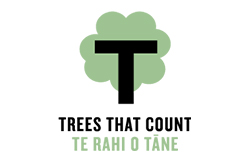
Help the environment by supporting Trees That Count
With AIA Vitality, you can help the environment and benefit your health with your healthier choices. When you earn your weekly Active Reward you can donate to Trees That Count to support tree planting.
If you’re not an AIA Vitality member (or if you’d like to donate independently), you can also opt to donate directly to them or join in on one of their tree planting events – all donations are tax deductible. Every New Zealander can help grow a brighter future.
We must change to tackle climate change
With such dramatic effects on our environment, Layne and Tim are adamant that we need to act now. The first thing we can change, as Layne explains, is our behaviour.
“Every single one of our actions makes a difference, no matter how small it is,” Layne says. “But first, we need to change our behaviour towards nature, and our consumerist behaviours. We tend to have an apathetic mindset towards climate change – that we’ll just wait for someone else to fix the problem, and it doesn’t affect us. But the reality is, it is affecting us today, and will have a monumental impact on the future generations to come.”
“As the saying goes, the best time to plant a tree was 20 years ago, the second-best time is today,” Tim adds. “It's crucial for us to decarbonise as quickly as we can. This involves two things: sequestration, which is primarily done through tree planting, and mitigation, which is not emitting any more gases to make the problem worse. From switching to solar power to eating less meat – everything counts.”
“Being mindful of our everyday actions also helps – an easy everyday item we can use is a reusable coffee cup," Layne continues. “Australians use 2.7 million disposable coffee cups a day – with the vast majority of them ending up in landfill4. Or if you go to a restaurant and they give you a plastic straw, let them know that it doesn’t sit right with you. There’s lots of things we can do to stand up for our planet, but it’s just a matter of starting somewhere and recognising your actions have a profound impact.”
How we can influence others to help
If you have friends, family or colleagues who are apathetic on climate change, Layne and Tim both suggest one solution: education.
“You’ve got to show them climate change is real,” Tim says. “Convince them with metrics and evidence that speaks to them – a melting glacier isn’t necessarily going to influence someone in inner city Melbourne as it’s too far removed.”
“Find something closer to home that means something, shows the issue is real to them and instils a sense of urgency. And finally, show them the things they can do that are practical to them. For instance, signing up for a green electricity plan, investing their superannuation (or KiwiSaver) in funds that have divested from fossil fuels, eating less meat, cycling to work and getting involved in local climate or reforestation projects. It’s possible to reduce a huge amount of your carbon footprint in just a few weeks if you really set your mind to it.”
Layne wholeheartedly agrees. “Education is the number one piece of the puzzle,” she adds. “Then pique their curiosity. Ask them: if there was one behaviour they were willing to change, what would it be? Could it be reducing their reliance on driving, or minimising red meat in their diet? And lastly, make sure to lead by example. We must adopt a proactive mindset and be committed to change. Just start with small choices, and you (and others) will eventually see the benefits of your actions.”
Footnotes:
- Member of the Order of Australia
- https://www.theguardian.com/australia-news/2022/jan/14/we-are-custodians-the-fights-to-save-australias-eroding-beaches
- https://theconversation.com/climate-change-is-making-ocean-waves-more-powerful-threatening-to-erode-many-coastlines-160998
- https://www.theguardian.com/environment/2022/feb/06/australians-ingest-a-credit-cards-worth-of-plastic-a-week-so-whats-it-doing-to-us#:~:text=On%20average%2C%20we%20ingest%20about,research%20scientist%20at%20the%20CSIRO.



